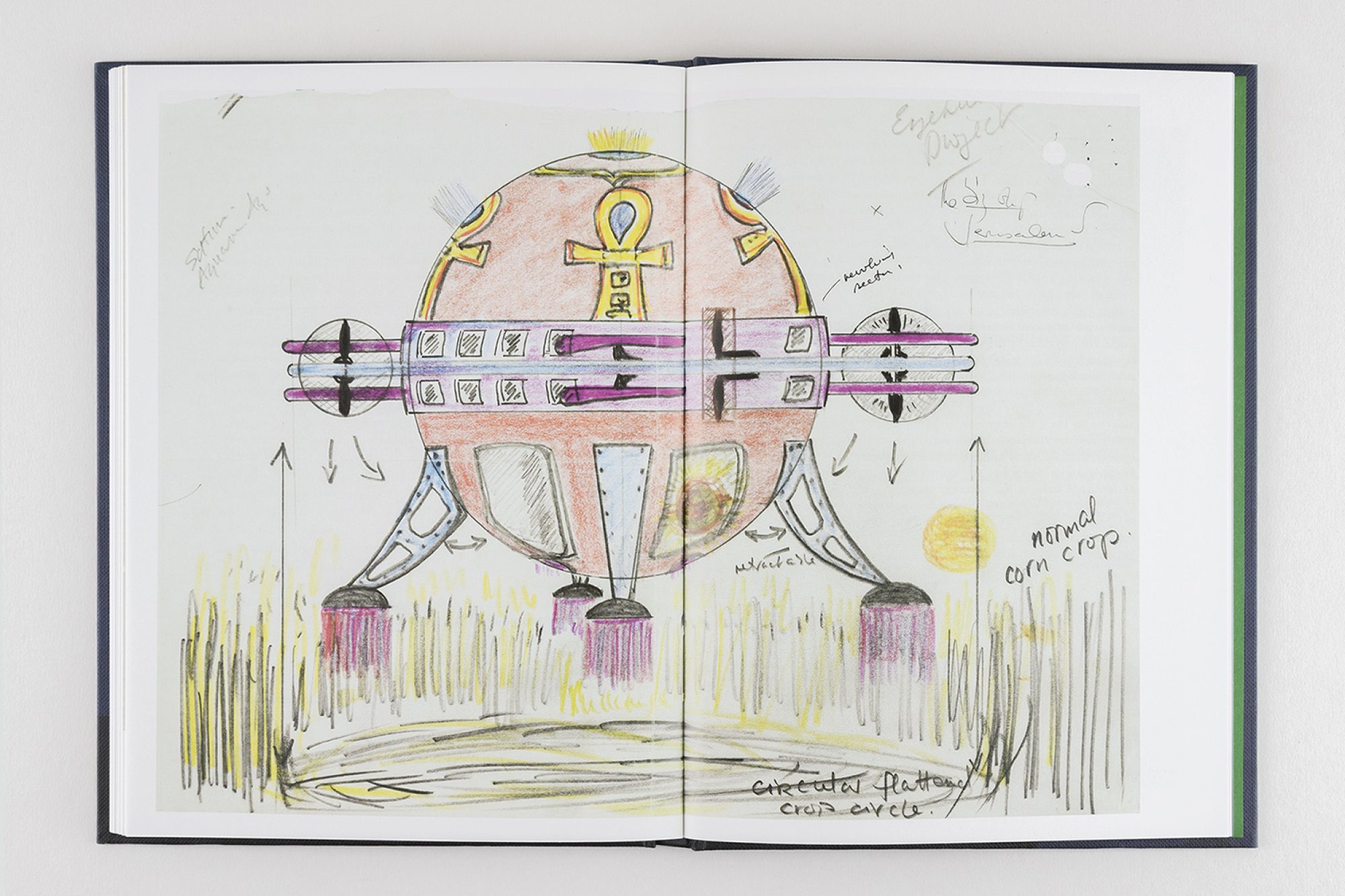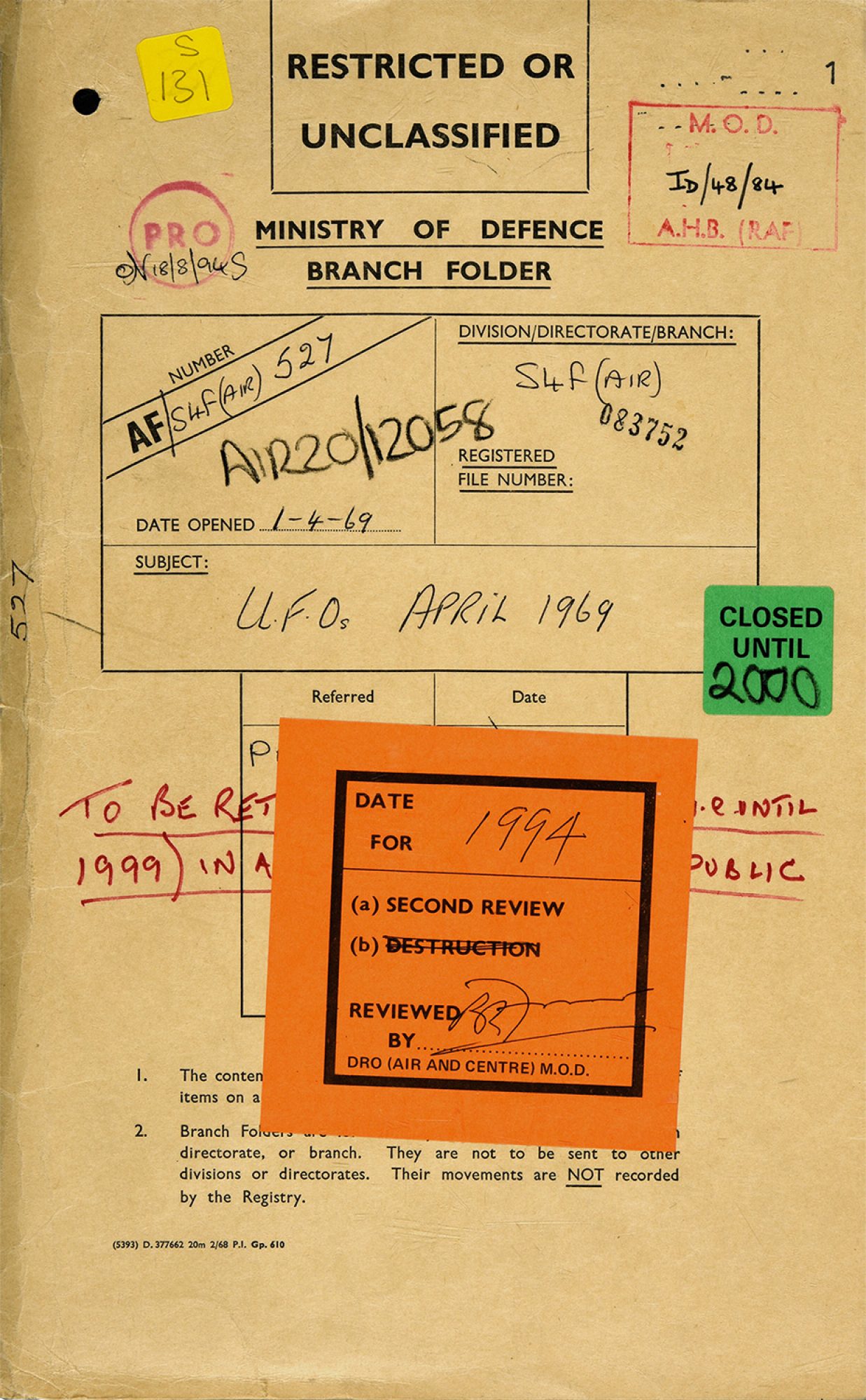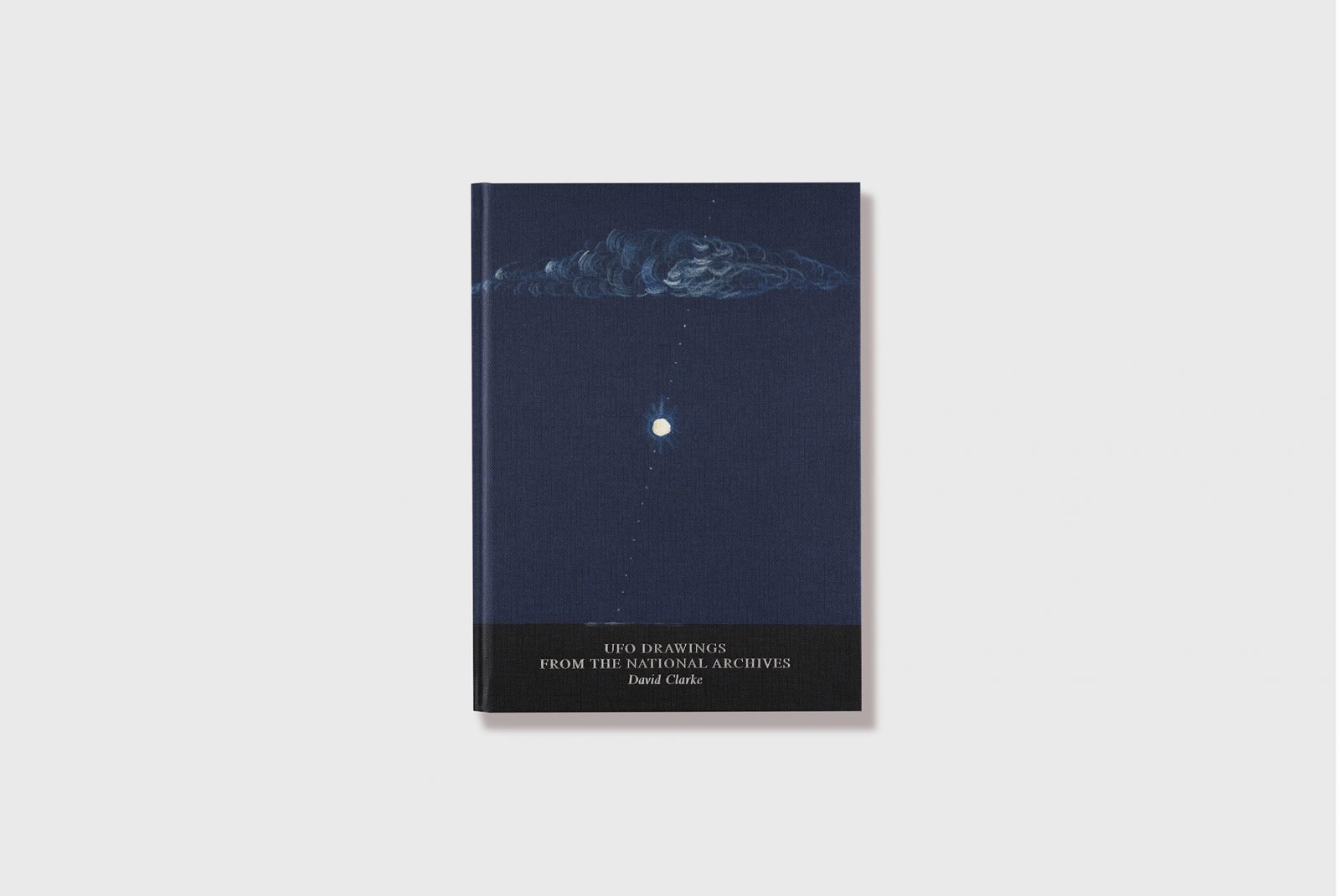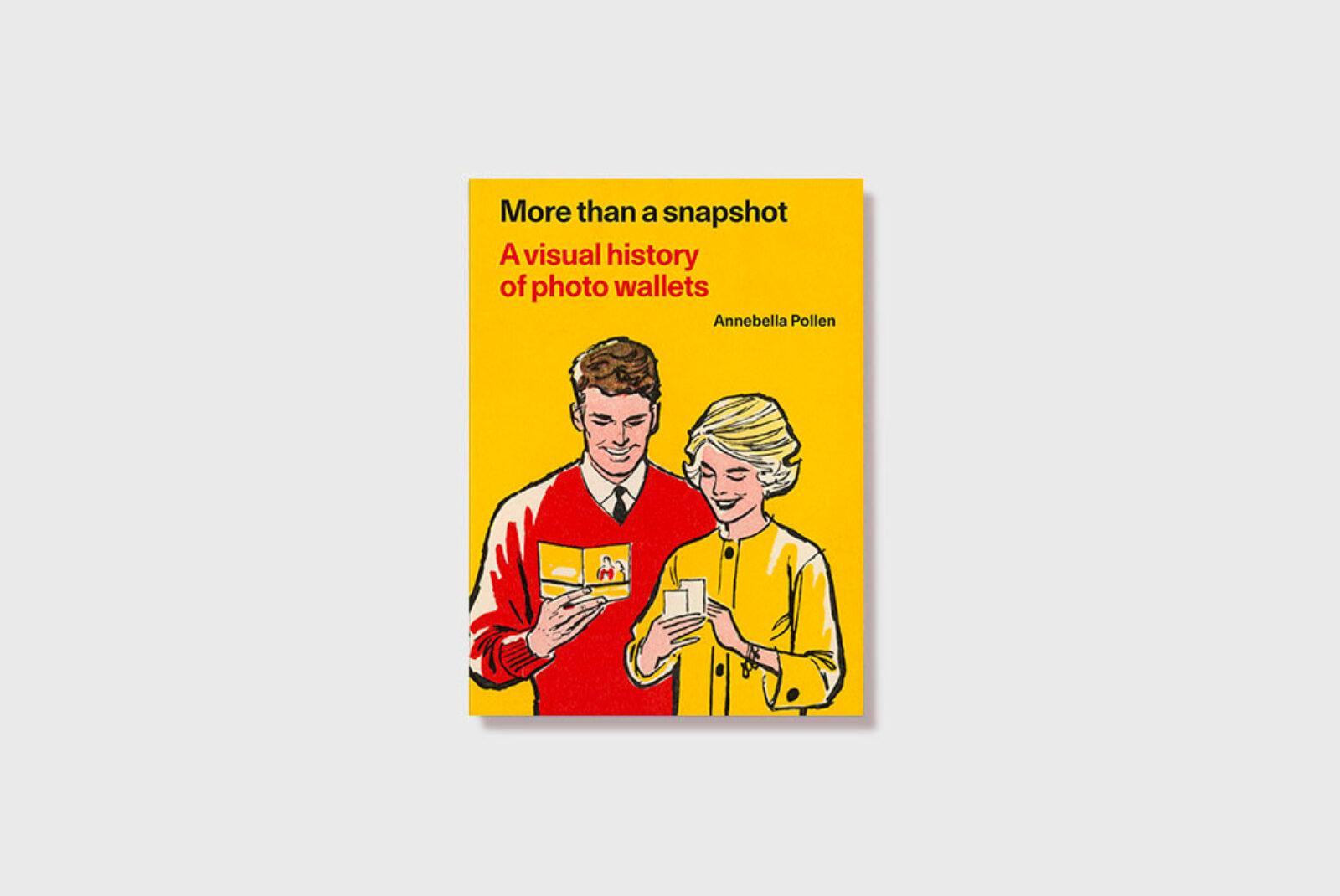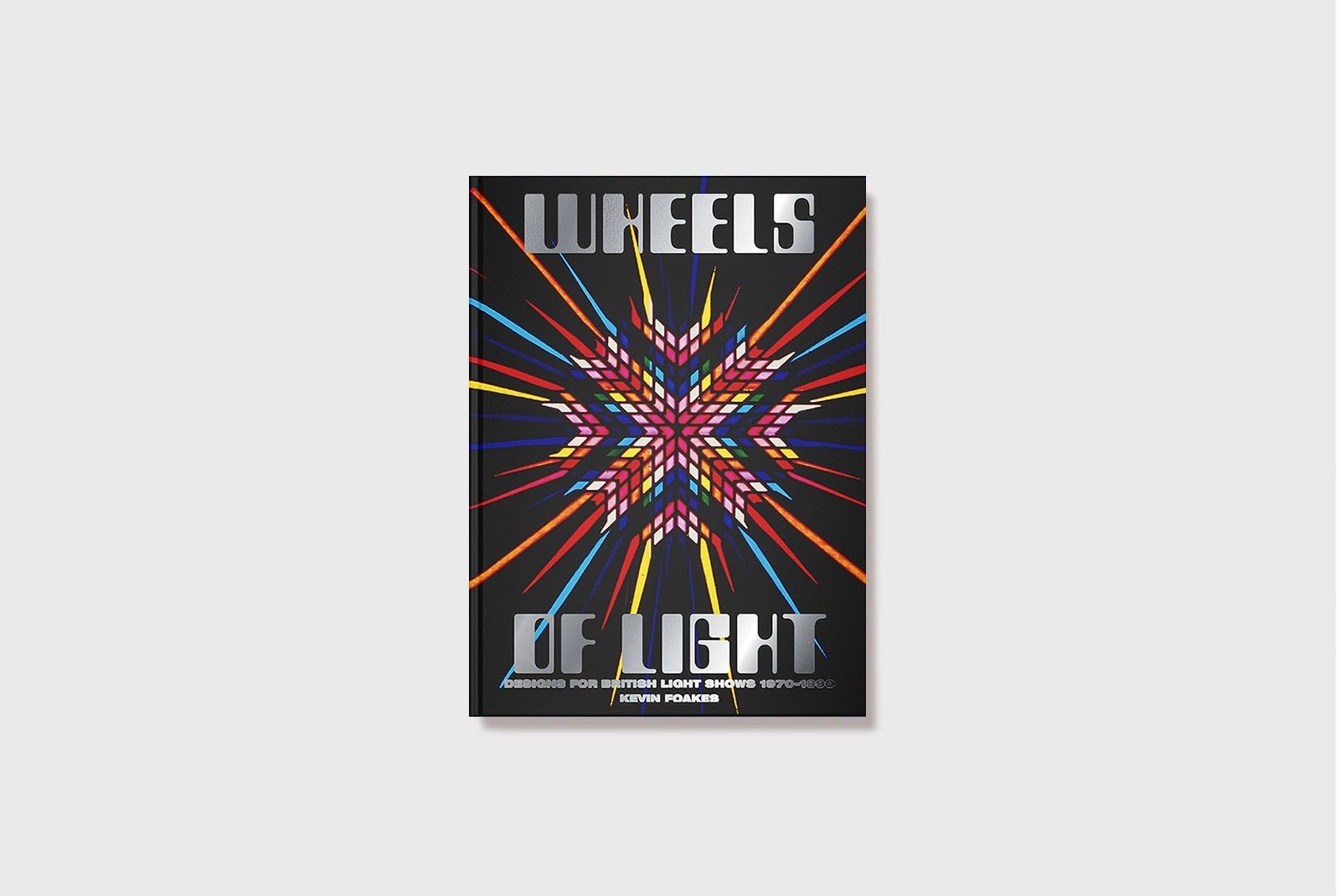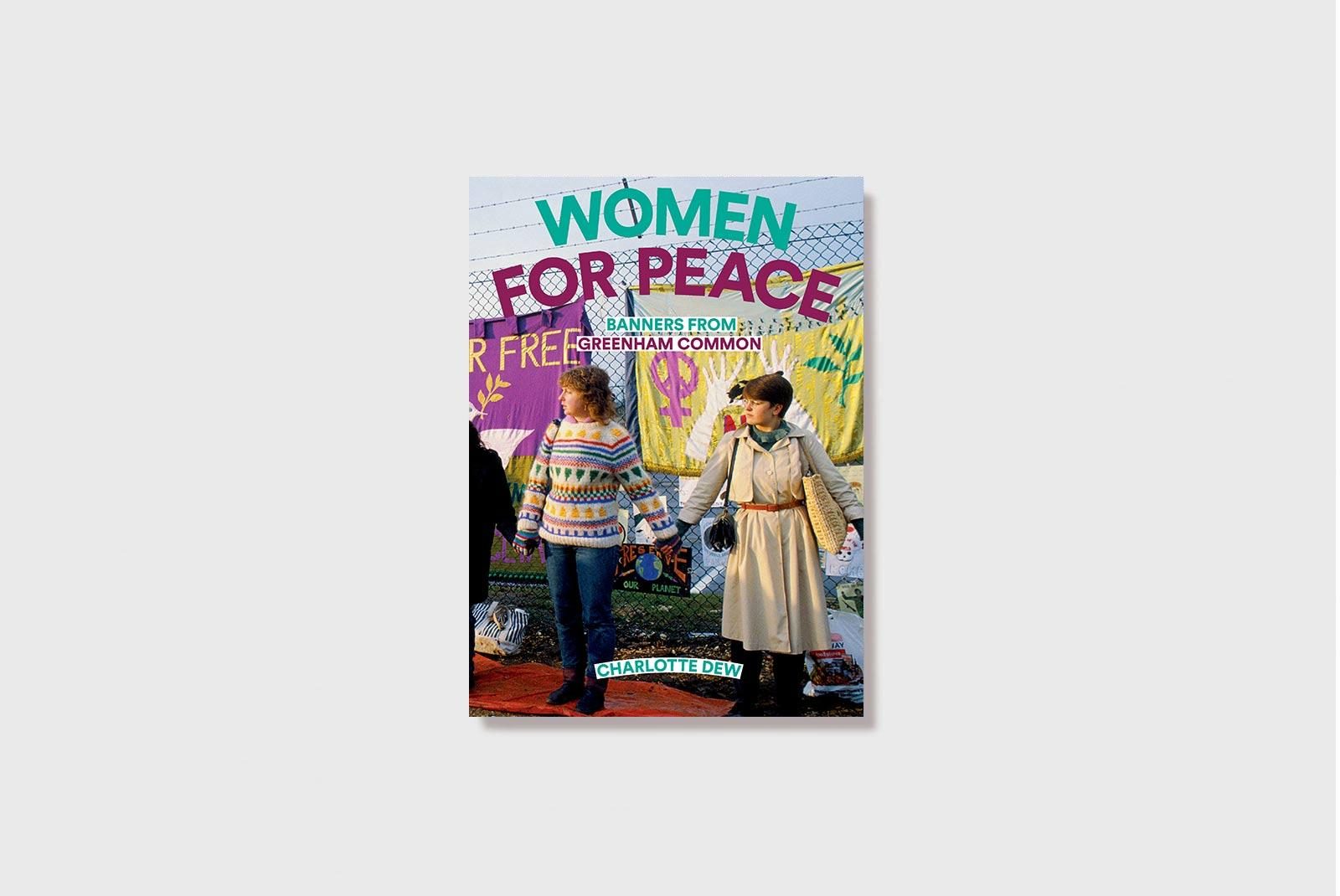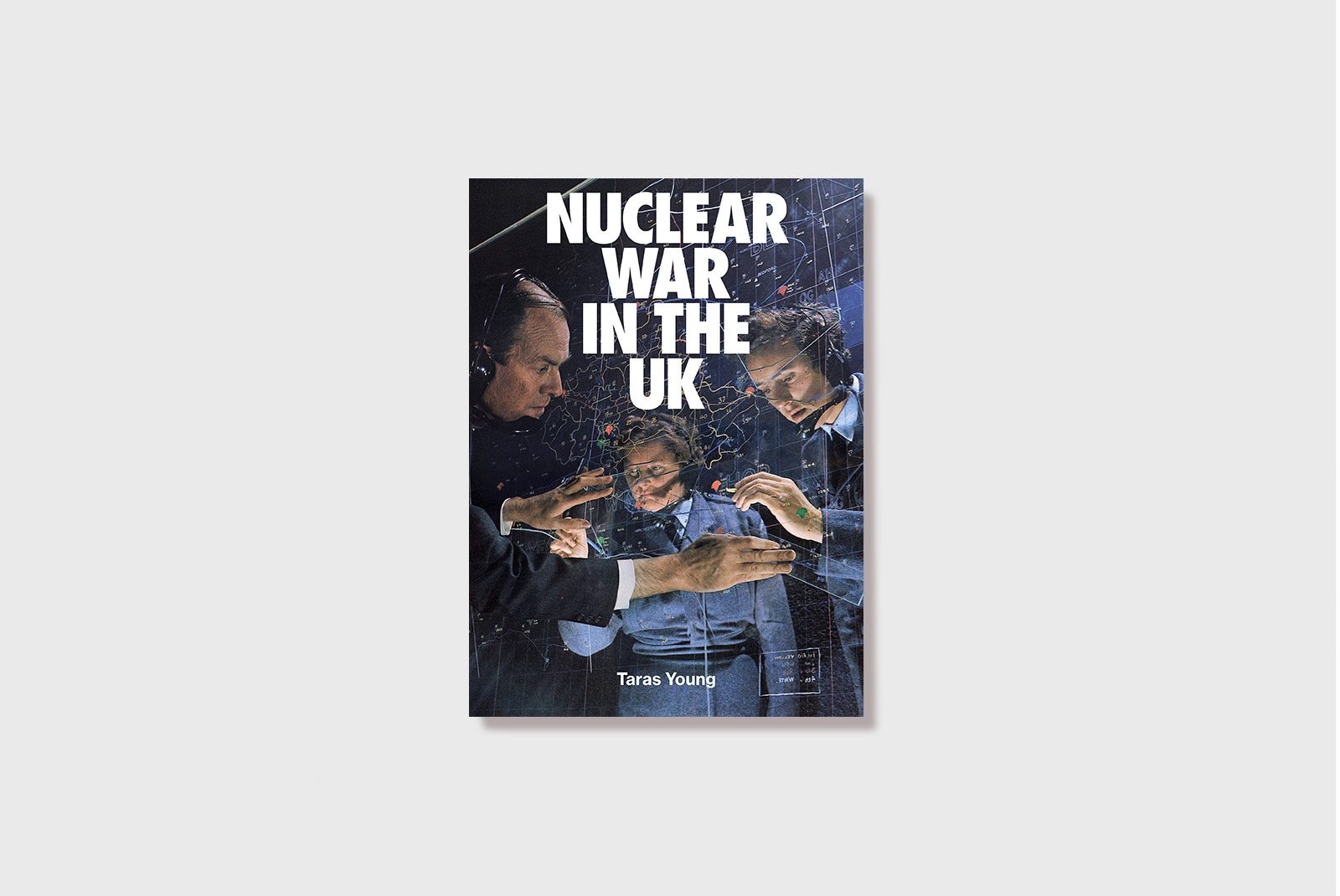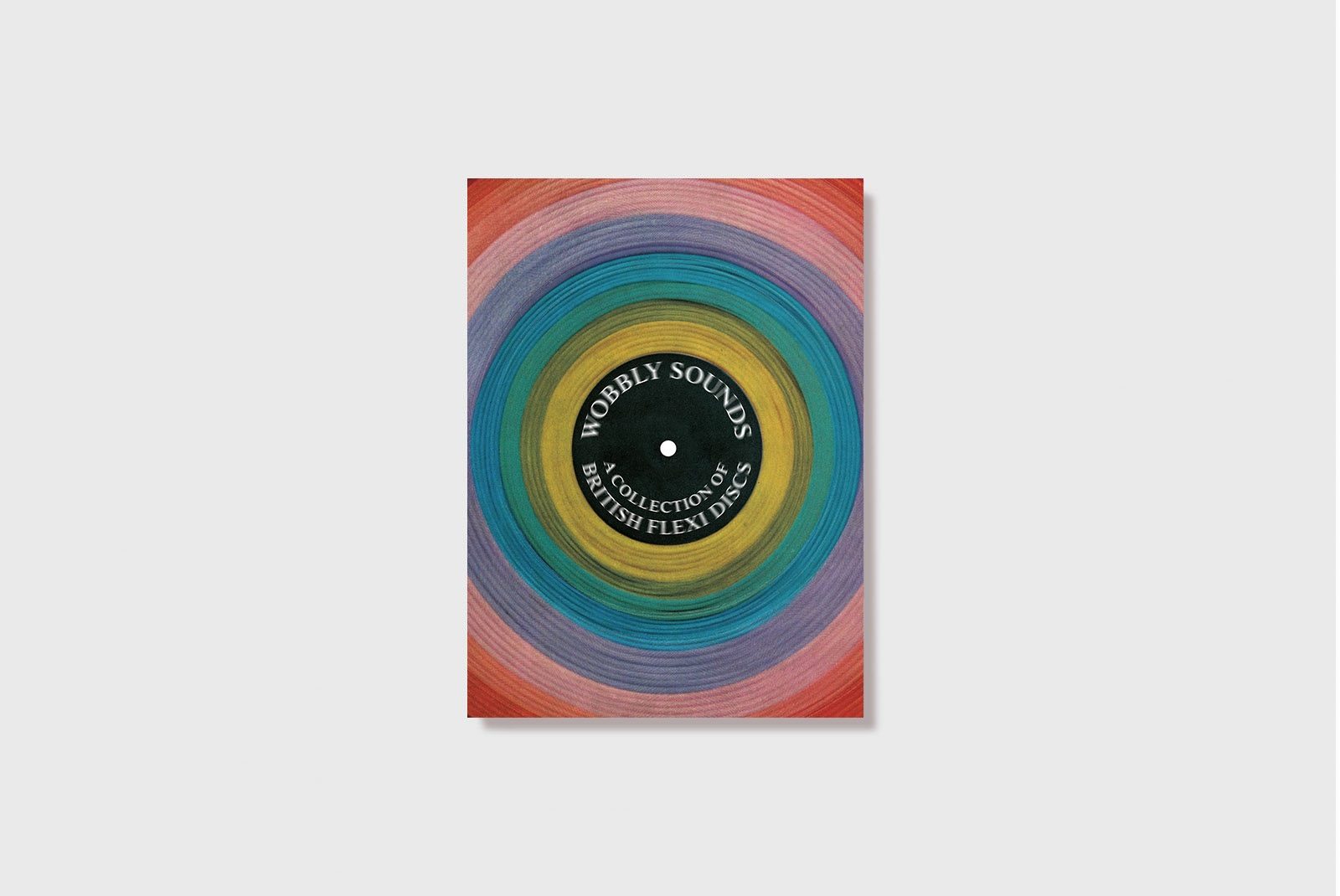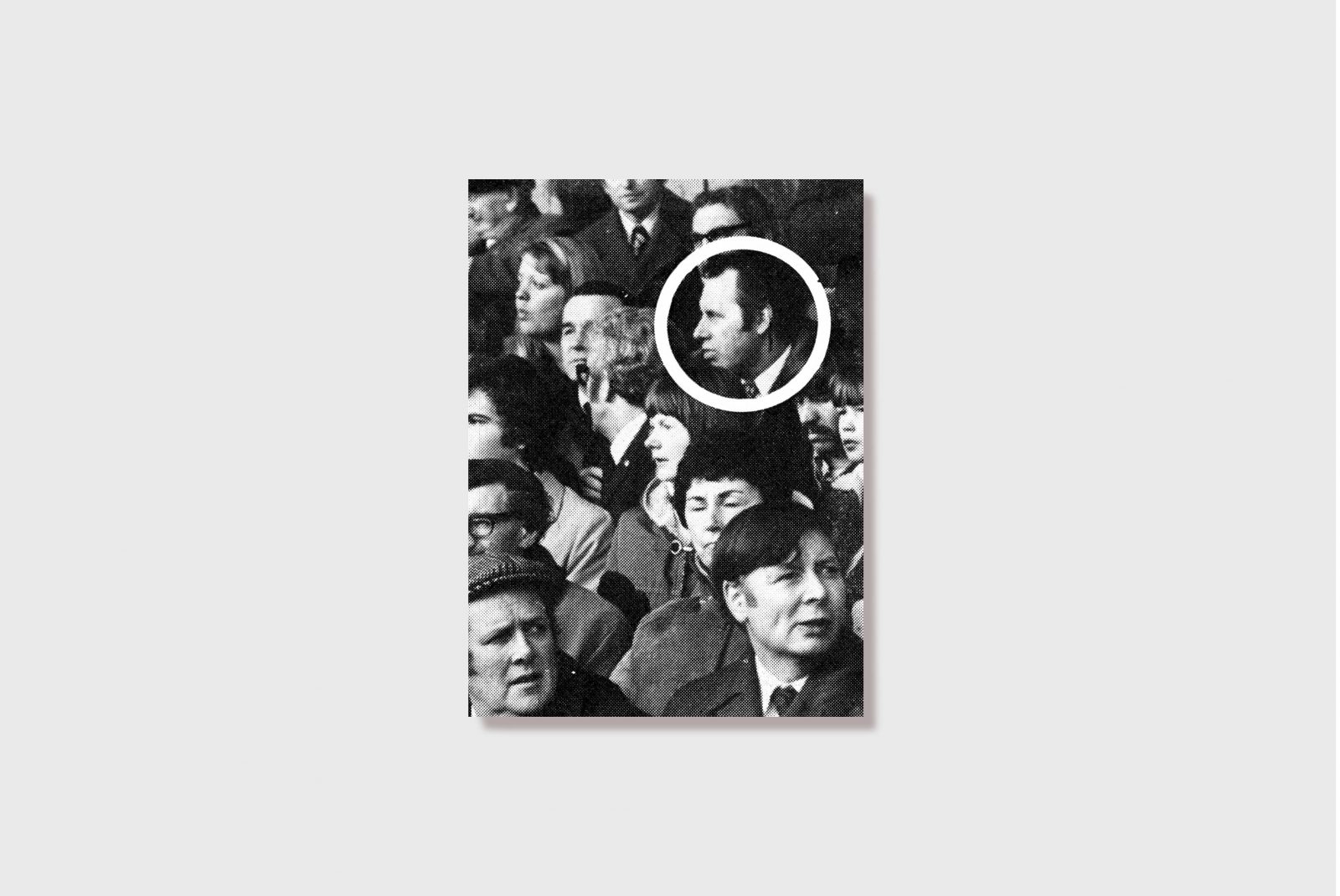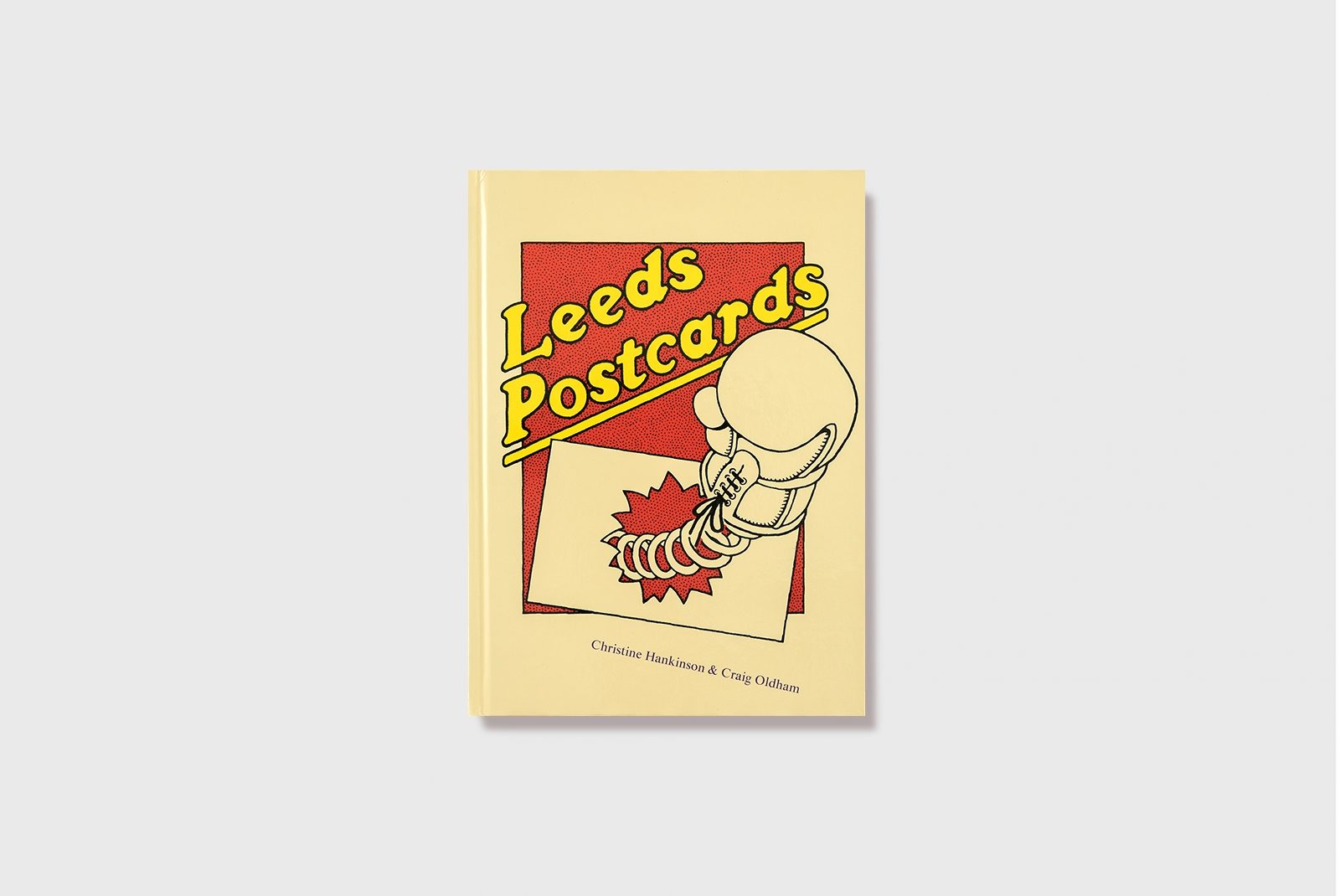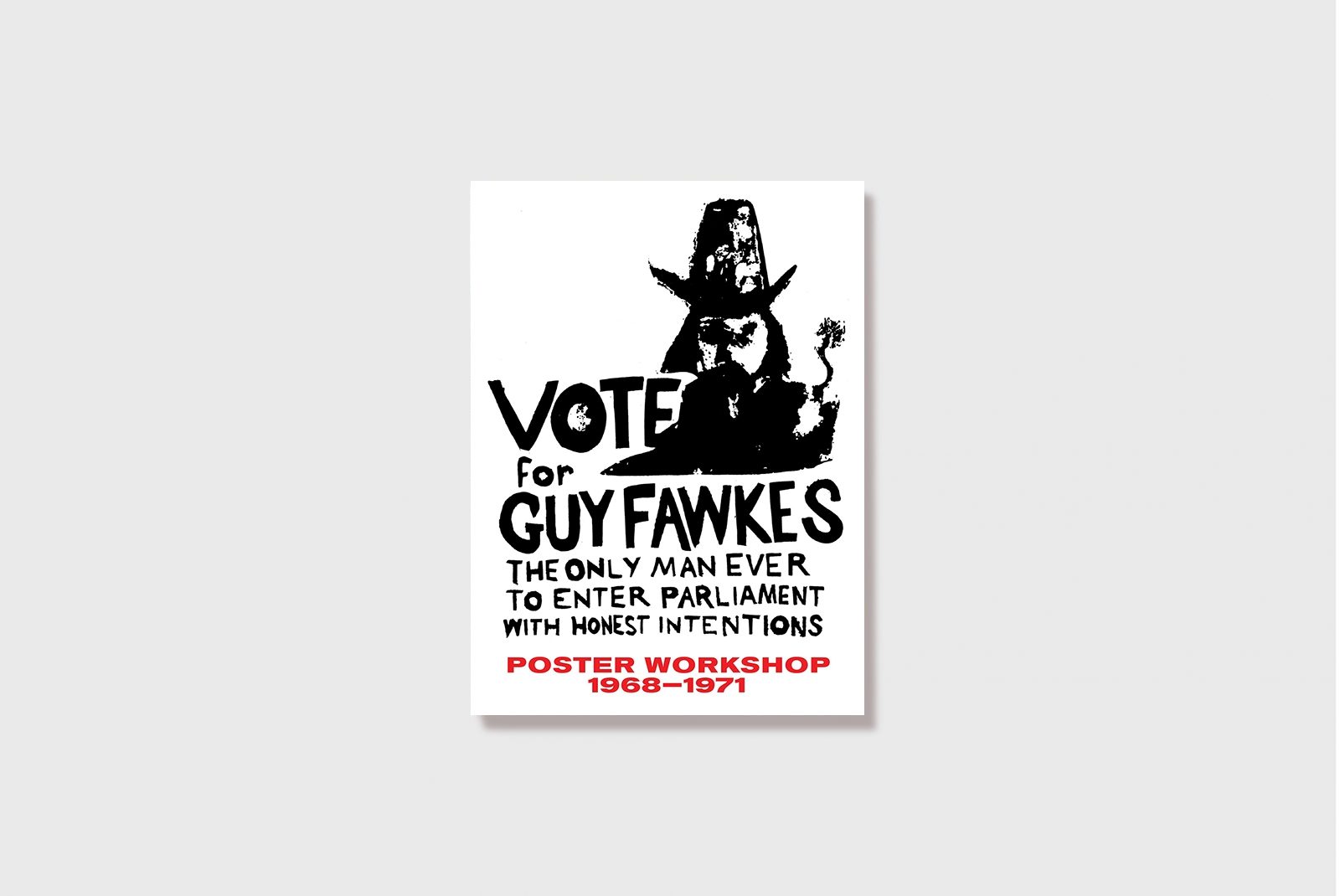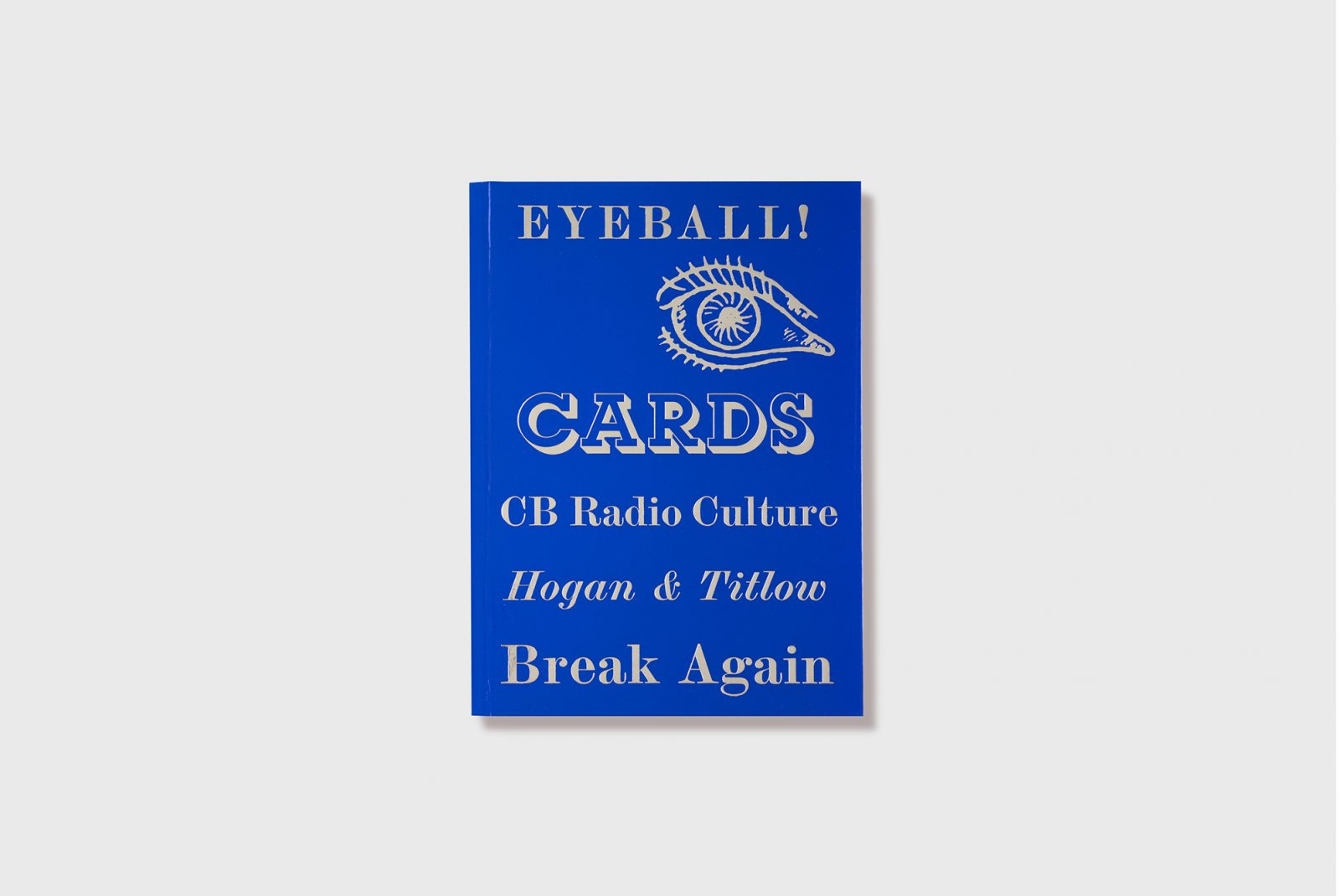Dr David Clarke is Reader and Principal Lecturer in Journalism at Sheffield Hallam University. His research interests include investigative journalism, contemporary legends and rumours. For the Irregulars series, he has selected examples from The National Archives collection of the Ministry of Defence's UFO Desk to present a history of modern British UFO art.
What led you to begin researching UFOs?
My interest began in 1977 when I saw TV programmes about UFOs including one where a group of youngsters from Broad Haven in Wales told of seeing a UFO land in their schoolyard. I was about ten years old, the same age as those children, and ever since that time the subject has fascinated me. Years later I became a journalist and this gave me an opportunity to write about and investigate the subject.
How difficult was it to track down information, where did you begin looking?
Initially I started at my local history library as they had books, pamphlets and newspaper cuttings about UFOs that went back to the 1950s. Soon I was out knocking on doors and appealing for people who had seen UFOs to contact me. You can imagine what my friends and family thought about this idea! But it was a great way to begin interviewing people and eventually it got me a job on an evening newspaper.
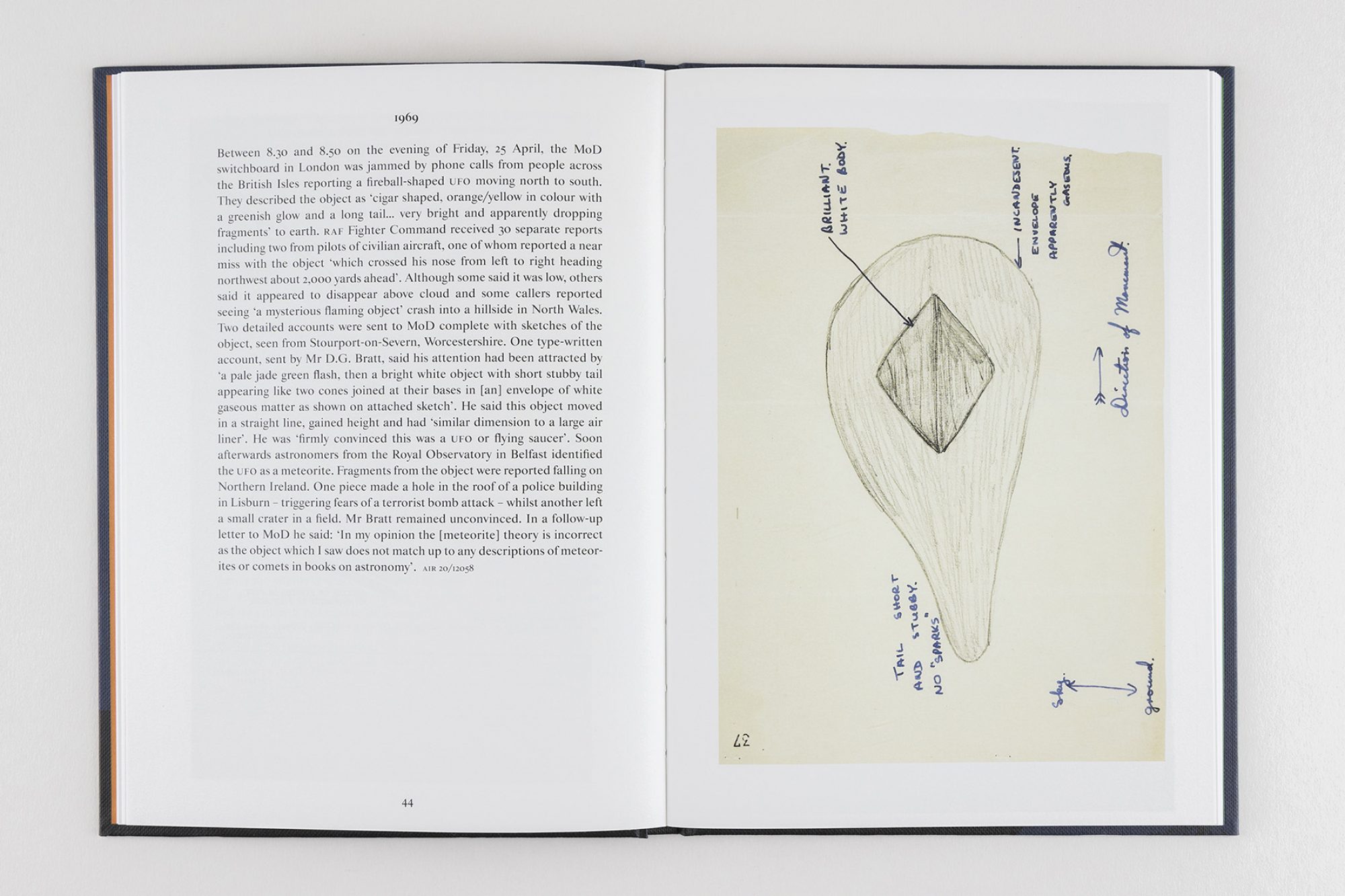
Have you uncovered (solved!) any mysteries during your research?
Yes, too many to mention! Solving UFO and related mysteries is a bit like detective work. The most amazing story I remember was that told by two police officers who took photographs of a landed UFO on a fell in North Yorkshire. The story made news headlines including one that read: ‘The Aliens have Landed’. Years later we discovered the ‘UFO’ was just a shiny piece of lichen on the rockface that shone like three balls of light when it was lit by the sun from a certain angle. It took years of work to solve the mystery but eventually a friend took a photograph that exactly replicated what the policemen had reported.
What sort of reactions have you encountered from people when researching this history?
Most people have a UFO-related story to tell. It has been estimated that one in three people have seen something strange in the sky at some point in their lives, or know of someone else who has had an uncanny experience of this kind. Opinions polls show that something like one third of the UK population believe that alien life exists. But the problem is that people automatically associate ETs with UFOs when 95% of sightings have prosaic explanations - for example balloons, aircraft, meteors, hoaxes etc. That’s why I refer to UFOs as a modern myth. A myth is a story we tell to explain something we don’t fully understand.
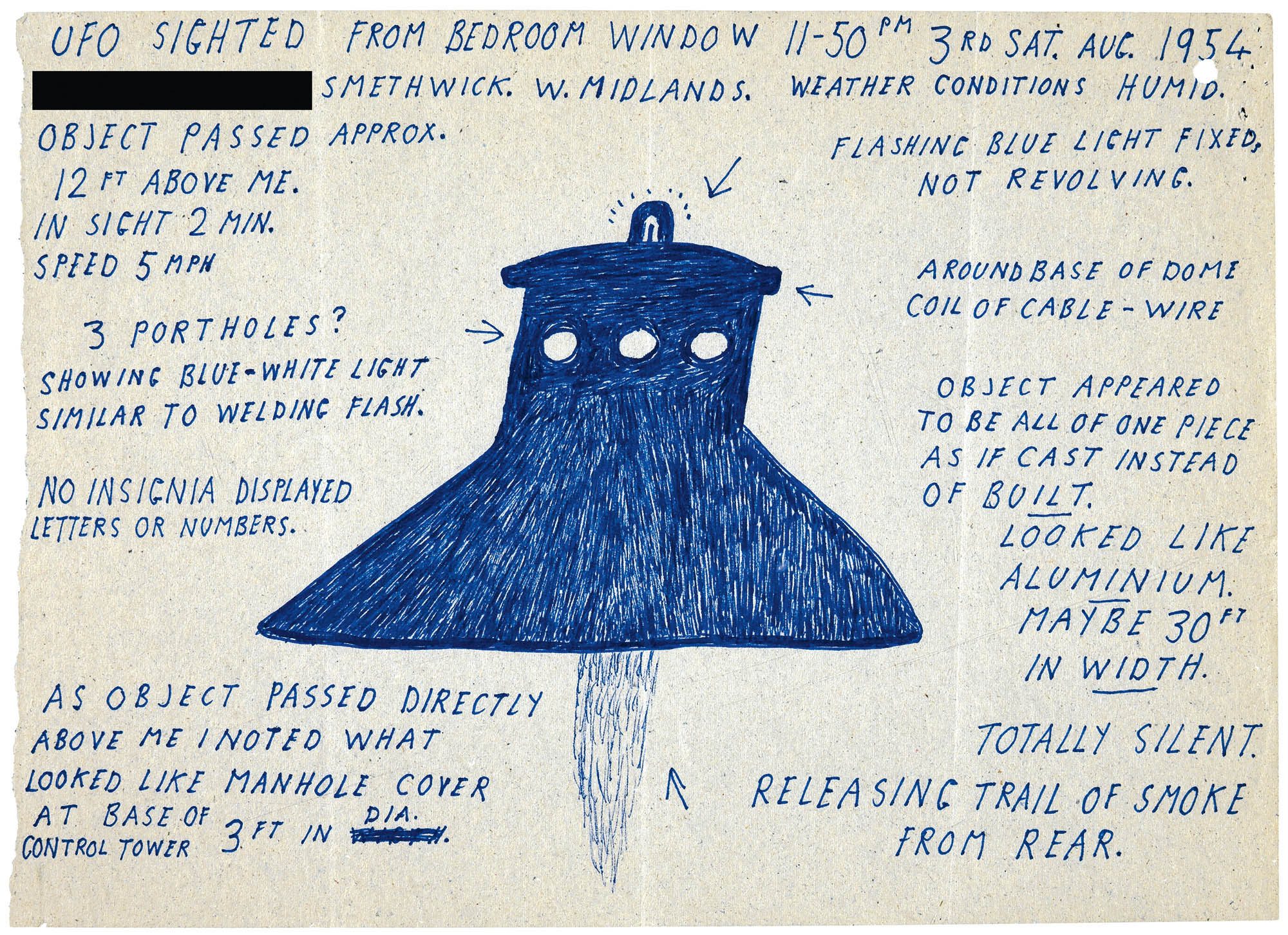
The National Archives DEFE 24-1967
Which has been your favourite sighting?
The experience that really made an impression on me the story told by a retired RAF pilot who sadly died in his 90s last year. He told me how one day in 1952 he was flying a meteor jet over Gloucestershire with a naval cadet in a training exercise when they both saw three ‘flying saucers’ in formation above them. He reported the sighting to ground control who scrambled fighters to intercept the UFOs. When they landed one of his friends said he looked ‘as if he had seen a ghost’. He was one of the most convincing UFO witnesses I have interviewed.
Do you have a favourite UFO story among those you’ve uncovered?
Yes, one of my favourites is the story told by the police officer from Cheshire, that features in this book. He was out on patrol on cold January morning when he turned around and saw an object like an upturned jelly mould hovering behind a row of houses. It glowed with an eerie green colour and he made a sketch of it just a few hours after it zoomed away. He was not imaginative and was not expecting to see anything unusual, just someone doing his job when he saw something extraordinary. This is a typical UFO experience and it remains unexplained.
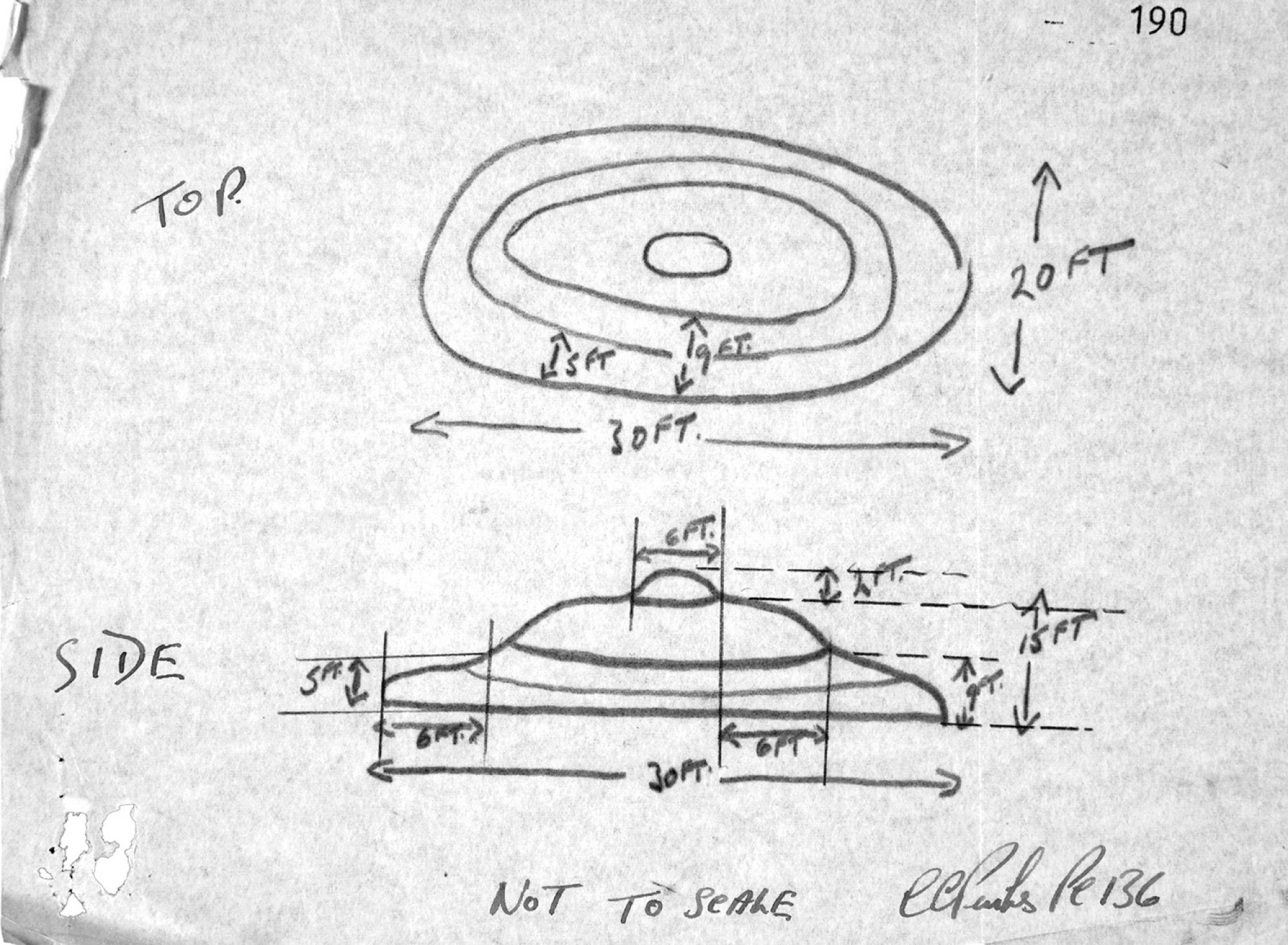
Drawing by PC Perks, Cheshire, 1966. The National Archives AIR 2-17983.
Has your scepticism about the sightings ever wavered over your years of research?
I began as a believer in UFOs as alien visitations, mainly because of the books, films and TV programmes I read and watched as a youngster. But as I got older and wiser, I came to doubt many of the stories that I was once convinced were true. So actually I became more and more sceptical the more I investigated and interviewed those who saw and believed in UFOs. But that doesn't mean to say that UFOs are bunk. People have genuine experiences that are sometimes difficult to explain. I don't think it helps much to categorise them as ‘true’ or ‘false’ - they remain extraordinary experiences, even if, ultimately, they are caused by ordinary things. I find it much more rewarding to collect stories and record them as modern folklore.
What do you think might be revealed when the next group of secret files are unlocked by the Ministry of Defence?
Most of the files have now been released but the last few are all about the once-secret report on UFOs that was written by a mysterious expert, employed by the Ministry of Defence, in 1996 on the 50th anniversary of the subject. His report concluded that UFOs did exist - which was amazing admission, but it remained on the secret list for ten years until I used the Freedom of Information Act (FOI) to obtain a copy. But it left more questions than answers, because he says that some of the unexplained sightings are caused not by ET craft but by atmospheric ‘plasmas’ that are natural but not understood by scientists. I think this was a big cop-out because using one unexplained phenomena to explain another doesn't take us much further!
